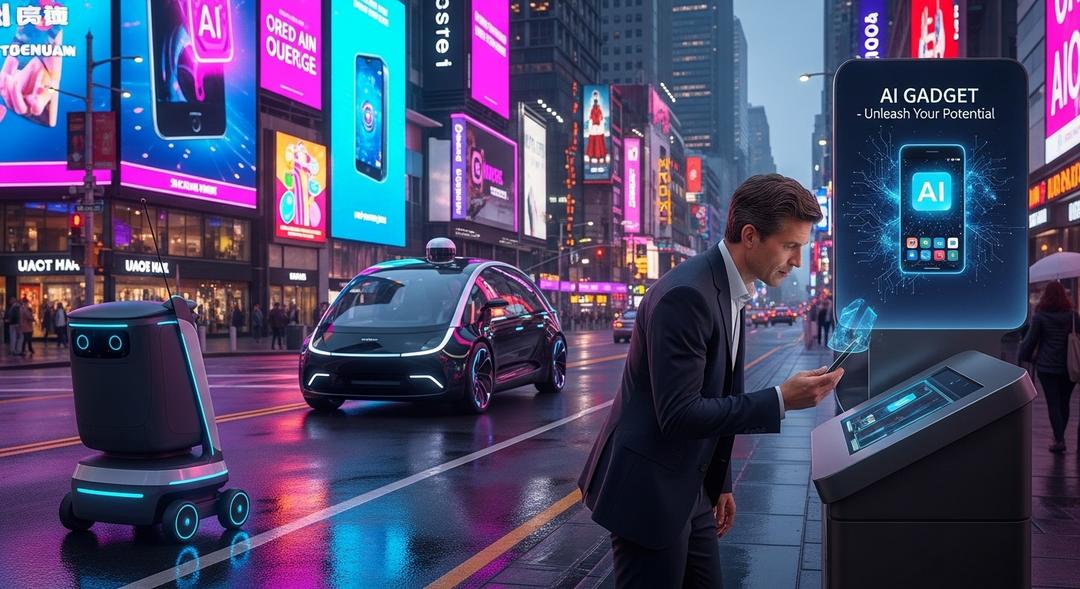Amazon’s top executive, Andy Jassy, has told the company’s employees that the company’s overall headcount is likely to shrink over the coming years as artificial intelligence handles a broader range of tasks.
Jassy addressed workers in a companywide email, emphasizing that generative AI and advanced software are dramatically reshaping where jobs will exist and how people will do them.
“We will need fewer people doing some of the jobs that are being done today, and more people doing other types of jobs,” Jassy wrote.
He acknowledged that it’s a challenge to predict the precise impact, but said, “In the next few years, we expect that this will reduce our total corporate workforce as we get efficiency gains from using AI extensively across the company.”
Companies across the technology industry have been increasingly open about how AI may mean fewer human workers. Shopify has told managers that hiring requests must justify why AI cannot replace the role.
Duolingo has warned of phasing out some contractors for tasks AI can perform. Even Microsoft’s latest layoffs have hit software development teams especially hard.
AI’s Growing Reach Within Amazon
Amazon has been ramping up AI capabilities across its operations, from automating customer service to managing inventory placements and powering product recommendations.
Jassy mentioned projects like its Alexa+ assistant, AI shopping guides, and powerful tools for business clients using Amazon Web Services.
He encouraged Amazon’s workforce to “experiment with AI whenever you can” in order to keep pace with the changing workplace.
Outside voices have not been quiet on the risks. Dario Amodei, leader of AI firm Anthropic, recently warned that artificial intelligence may eliminate up to half of all starter office jobs and drive the unemployment rate as high as 20 percent in coming years.
For Amazon, the impact could be sizable. The company is the largest private employer in America after Walmart, with over a million and a half workers on its payroll by the end of March.
About three hundred fifty thousand of those roles are in corporate offices, while the rest work in logistics and shipping.
Jassy pointed out that as AI brings efficiencies, the number of corporate staff will likely decrease, while new types of technical roles will appear.
There’s no exact roadmap for what comes next, but what’s clear is that Amazon’s embrace of artificial intelligence is shaping not just its products but its workforce itself, a topic also discussed in workforce efficiency gains with AI.








